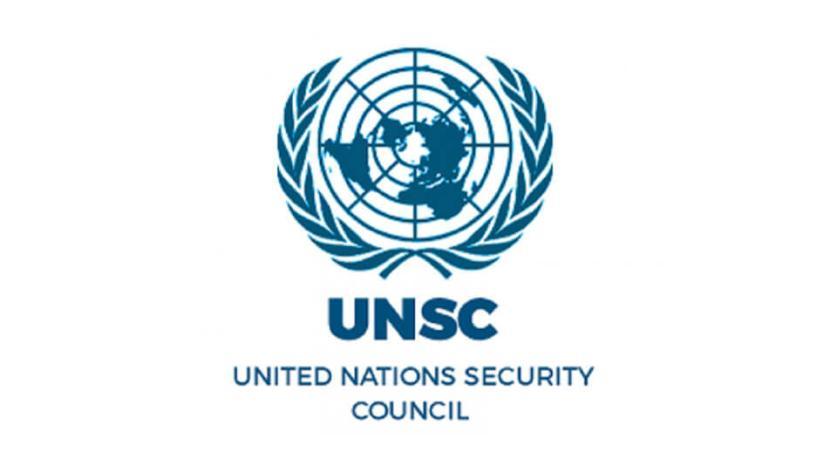Antiwork can be considered the spiritual successor to Occupy Wall Street
It seems almost shameful to enjoy Nickelback in this day and age, but the safe pop chords of ‘If today was your last day’ seemed to resonate far too deeply this week. The enjoyment is not nostalgic, but rather, based on the simplicity of a message that could create a sense of freedom in one’s time.
The world has experienced a great degree of burnout since the pandemic begin, with the monthly resignations of millions pushing corporations to adapt to demands for more flexible work hours. Even within those hours, the self-titled antiwork movement — originating from Reddit and garnering mainstream appeal — has started to provide ideologies that seem controversial to employers. Some of these ‘problematic’ points include: leaving work on time; using all of one’s PTO days; asking for raises.
Bear in mind, the World Health Organization added workplace burnout to its International Classification of Diseases in 2019, before the woes of technology exacerbated how toxic productivity affects one’s mental and physical health. Kruti Quazi, a licensed counselor, certified clinical trauma professional, spoke about the anxiety of hustle culture and how it kept us plugged in.
There was a constant need to be ‘on’. On-call, on Zoom, online. The ever-reachable and never-peaceable worker soon found their work ethic warping away from the company-based definition of success, and more into a personalized one. In remote working situations, users were adjusting to a new reality — one that brought freedom in some ways, and yet stole time in another.
One Reddit user shared how he was able to automate his entire workflow, leaving him with enough free time to play video games all day as he barely had to spend ten minutes at his desk. In the face of some residual guilt at collecting a salary whilst doing no work, another user pointed out that his automation was essentially a subscription service the company was paying for (albeit, unwittingly). A similar model used as the one by nearly every app and service nowadays, with the only difference between that the shoe was on the foot of a middle-class worker.
Arguably, the antiwork movement is a spiritual successor to Occupy Wall Street, which demanded a similar degree of change in the social structure of society, emphasizing the stability of one’s housing and food situation, and ensuring that a person’s general well-being was not tied to work.
In this, the right to disconnect, a proposed human right regarding the ability of people to disconnect from work and primarily not to engage in work-related electronic communications, has started to emerge across the world in varying degrees. Germany issued its softer variation of the right in 2011, while Italy, Brazil, Canada and Slovakia have implemented it in full force as of 2021.
Moreover, the four-day workweek has been successful in Iceland, and companies like Panasonic have started to issue short work routines at a regional level as well. Japan has shown as much, if not more, hustle culture as America, and yet it leads the charge on reducing employee’s workdays.
This current approach clashes considerably with the ‘rise and grind’ rhetoric that had dominated the social sphere in pre-pandemic times. And yet, both approaches to life and society seemed to come from this conception of commodified time. The assumption is that the limited intervals of time one has must be utilized in the most fruitful manner possible. In the face of impractical and unrealistic capitalist expectations, the millennial generation embraced their money-waving lords. The only route to freedom seemed to originate from success.
In both cases, the notion of using time was similar — to be employed in the most beneficial manner possible — but the definition of what is beneficial has changed. The ability to rise in rank or earn some overtime no longer holds nearly as much value to a world that collectively shared a near-death experience. Antiwork is a statement on the precarious nature of life, and how that time once carelessly given to managers and CEOs could be better utilized in the pursuit of hobbies, social connections, or personal growth.
















